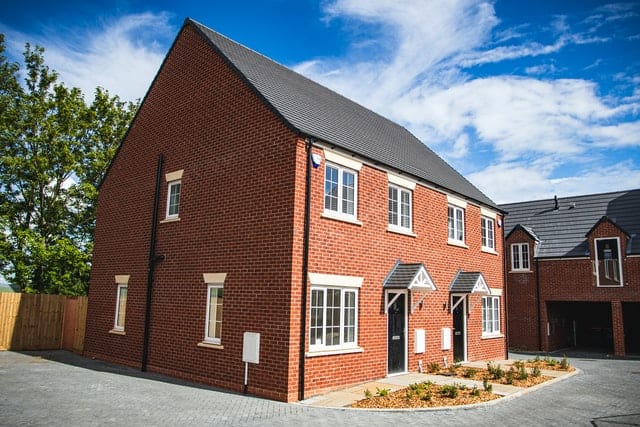
Mortgages are the largest single transaction in most people’s lives. Buying a property can be a stressful and time-consuming experience, with banks, building societies, and smaller niche lenders all competing for your business.
The following guide should help first-time buyers and seasoned borrowers who are reviewing their mortgage needs.
Working out what you can afford
Most lenders provide affordability calculators on their website to help you. Also, think about the running costs of owning a home.
Lenders will want to see proof of your main income and they all have different criteria when assessing additional income such as bonuses, overtime, commissions and tax credits etc.
Traditionally lenders have used multiples of your salary to establish your borrowing capacity, such as three times your income, but with tightened lending procedures, they now also consider the lifestyle spending of applicants.
Read what will 95% mortgages mean for first-time buyers?
The Help to Buy Mortgage Guarantee Scheme
The mortgage guarantee scheme is designed to help increase the supply of 95% Loan-To-Value mortgages for credit-worthy households, by supporting lenders to offer these products through a government-backed guarantee, which lowers their risk.
Help to Buy Equity Loan
The new Help to Buy Equity Loan scheme is for first-time buyers and includes regional property price limits to ensure the scheme reaches people who need it most.
You have to pay at least a 5% deposit and the Government has an equity share up to 20% until you repay the equity loan.
The scheme enables people to buy a new-build property with a small deposit.
First Homes Scheme
A new scheme designed to help local first-time buyers and key workers onto the property ladder, by offering homes at a discount of 30% compared to the market price. In some areas the discount could be as high as 50%, providing even greater savings.
The discounts will apply to the homes forever, meaning that generations of new buyers and the local community will continue to benefit every time the property is sold.
Read the Governments affordable homes update
Shared Ownership
Shared Ownership is where you buy a share of a home from the landlord, who is usually the council or a housing association, and pay rent on the remaining share.
You need a mortgage to pay for your share, which can be between a quarter and three-quarters of the home’s full value. You then pay a reduced rent on the share you do not own.
Later, you can choose to buy a bigger share in the property, and ‘staircase’ up to 100% of its value.
Right To Buy
Right to Buy gives eligible social housing tenants the right to buy their home at a discount. Over the years, discount levels and eligibility criteria have varied.
From 6 April 2021, maximum discounts are £84,600 across England and £112,800 in London. Discounts increase in April every year in line with any increase in inflation.
Where to get a Mortgage
You can apply for a mortgage directly from a bank or building society, choosing from their product range, which will be classed at restricted advice, or you can use an Independent Mortgage Adviser who will be classed as whole of market and can provide impartial advice, comparing different mortgages on the market.
LTV or “Loan to Value”
This might sound complicated, but it is simply the amount of your home you own outright, compared to the amount that is secured against a mortgage.
For example, with a £15,000 deposit on a £150,000 property, the deposit is 10% of the price of the property, and the LTV is the remaining 90%.
Repayment mortgage – Capital & Interest
With repayment mortgages, you pay the interest and part of the capital off every month. At the end of the term, typically 25 years, you should have managed to pay it all off and own your home.
Interest-only
With interest-only mortgages, you pay only the interest on the loan and nothing off the capital. These mortgages are becoming much harder to come by as lenders and regulators are worried about homeowners being left with a huge debt and no way of repaying it. You will have to have a separate plan for how you will repay the original loan at the end of the mortgage term.
Your home may be repossessed if you do not keep up repayments on your mortgage
